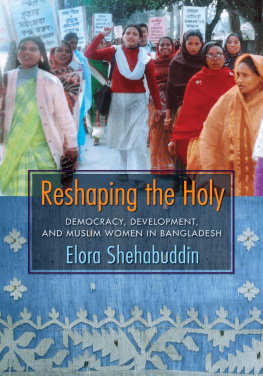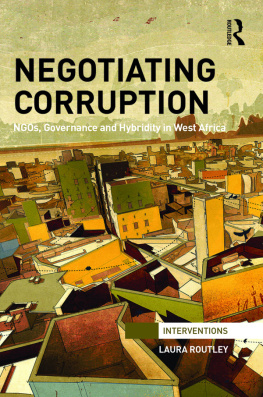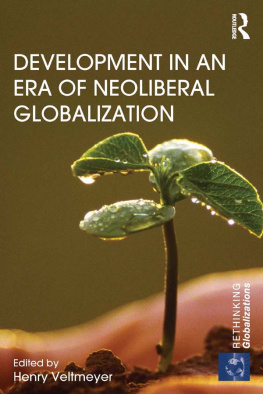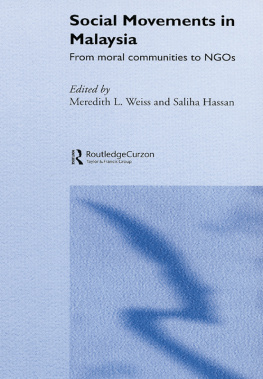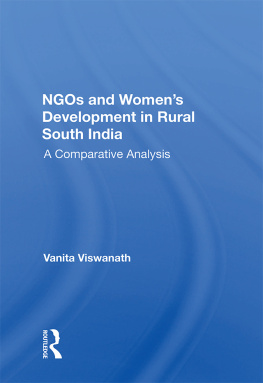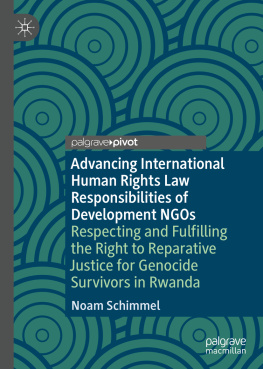Mohammad Musfequs Salehin - Islamic NGOs in Bangladesh: Development, Piety and Neoliberal governmentality
Here you can read online Mohammad Musfequs Salehin - Islamic NGOs in Bangladesh: Development, Piety and Neoliberal governmentality full text of the book (entire story) in english for free. Download pdf and epub, get meaning, cover and reviews about this ebook. year: 2016, publisher: Routledge, genre: Politics. Description of the work, (preface) as well as reviews are available. Best literature library LitArk.com created for fans of good reading and offers a wide selection of genres:
Romance novel
Science fiction
Adventure
Detective
Science
History
Home and family
Prose
Art
Politics
Computer
Non-fiction
Religion
Business
Children
Humor
Choose a favorite category and find really read worthwhile books. Enjoy immersion in the world of imagination, feel the emotions of the characters or learn something new for yourself, make an fascinating discovery.

- Book:Islamic NGOs in Bangladesh: Development, Piety and Neoliberal governmentality
- Author:
- Publisher:Routledge
- Genre:
- Year:2016
- Rating:3 / 5
- Favourites:Add to favourites
- Your mark:
Islamic NGOs in Bangladesh: Development, Piety and Neoliberal governmentality: summary, description and annotation
We offer to read an annotation, description, summary or preface (depends on what the author of the book "Islamic NGOs in Bangladesh: Development, Piety and Neoliberal governmentality" wrote himself). If you haven't found the necessary information about the book — write in the comments, we will try to find it.
NGOs (Non-Governmental Organizations) have emerged in both a development and aid capacity in Bangladesh, providing wide-reaching public services to the countrys population living in extreme poverty. However, resistance to and limitations of NGO-led development - which in conjunction with Bangladeshs social transformation - led to a new religious-based NGO development practice.
Looking at the role of Islamic NGOs in Bangladesh, the book investigates new forms of neoliberal governmentality supported by international donors. It discusses how this form of social regulation produces and reproduces subjectivities, particularly Muslim women subjectivity, and has combined religious and economic rationality, further complicating the boundaries and the relationship between Islam, modernity, and development. The book argues that both secular and Islamic NGOs target women in the name of empowerment but more importantly as the most reliable partners to meet their debt obligations of micro-financing schemes, including sharia-based financing. The targeted women, in turn, experience Islamic NGOs as less coercive and more sensitive to their religious environment in the rural village community than are secular NGOs.
Providing a comparative study of the role of religious and secular NGOs in the implementation of neoliberal policies and development strategies, this book will be a significant addition to research on South Asian Politics, Development Studies, Gender Studies, and Religion.
Mohammad Musfequs Salehin: author's other books
Who wrote Islamic NGOs in Bangladesh: Development, Piety and Neoliberal governmentality? Find out the surname, the name of the author of the book and a list of all author's works by series.

